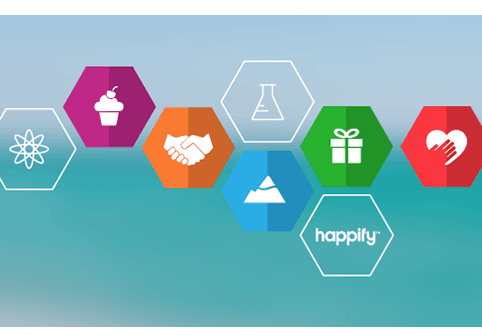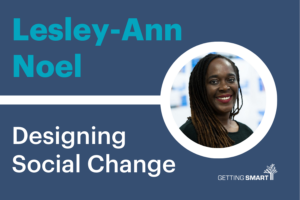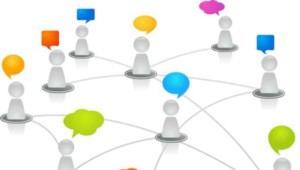Happify: The Science of Emotional Wellbeing in a Mobile App

Having a bad day? Join more than a million users of Happify and log in and cheer up.
What is happiness? It’s not being rich or feeling good all the time. It’s a set of habits more than a destination. The research, according to Acacia Parks, Hiram College, suggests that happiness is a combination of how satisfied you are with your life and how good you feel day-to-day.
It turns out that about 40% of your happiness is controlled by your thoughts and actions, 10% by your circumstances, and the other half is genetic. It’s hard to change your genetics and circumstances, but you can train your brain to be happier.
Happify’s S.T.A.G.E. framework helps you build five key happiness skills:
- Savor: The practice of being mindful and noticing the good stuff around you, taking the extra time to prolong and intensify your enjoyment of the moment, making a pleasurable experience last for as long as possible.
- Thank: Identifying and appreciating the things people do for us fills us with optimism and self-confidence
- Aspire: Feeling hopeful, having a sense of purpose, being optimistic.
- Give: Being kind not only makes us feel less stressed, isolated and angry, but it makes us feel considerably happier, more connected with the world, and more open to new experiences
- Empathize: The ability to care about others, to imagine and understand the thoughts, behaviors or ideas of others, including those different from ourselves.
Backstory. Four years ago, Tomer Ben-Kiki shared the research on wellbeing with fellow entrepreneur Ofer Leidner. Both studied at Tel Aviv University and co-founded Oberon Media, a leading casual gaming company. Ofer found the data equally compelling and they launched Happify in New York City in 2012.
The app is designed to build skills for emotional wellbeing, resilience, mindful and lasting happiness. The business plan is to become the online destination platform for science-based emotional well being–the go-to place to use data to generate actionable behavioral and emotional insights
Backed by $12 million in equity from investors who appreciate the double bottom line focus, Happify has grown to more than 30 people including a Latvian development team.
Happify is one of the most popular Health and Fitness apps in Apple and Google stores. Employers and health providers have taken notice and Happify developed an enterprise program.
OK, you’re still skeptical, you’re thinking of those brain training apps that you bought, used twice and dumped. Many are not helpful and based on weak scientific claims. The science behind Happify is well documented and the experts are impressive.
Demo. Each experience within Happify includes a “Why it Works” section with a simple explanation supported by cited research. For example, the effectiveness of a “Serenity Scene” activity (below) is underscored by research involving brain scans that have shown that looking at photos of natural scenes can provide a calming cognitive boost.
Want to check it out? Sign up for a free account. Here are some examples what you can experience.
- Need help focusing on the positive? A game called “Uplift” can help train your brain for positivity, lift your mood and reduce negative thinking. As hot air balloons float by, click on words like “joy” or “radiant” while ignoring words like “criticize” or “angry.” The goal is to focus on the positive and bypass the negative.
- Need to relax? Choose the “Serenity Scene” activity. Perfect for someone feeling overwhelmed with a long to-do list, a guided relaxation track can help people unwind, feel less anxious and get a fresh charge of energy (grounded in brain scan research).
- Fun for kids to try? Negative knockout is an ‘angry birds’ like game where you choose your biggest challenges that day (procrastination, irritability) and destroy those words with a slingshot.
For more, check out:







0 Comments
Leave a Comment
Your email address will not be published. All fields are required.